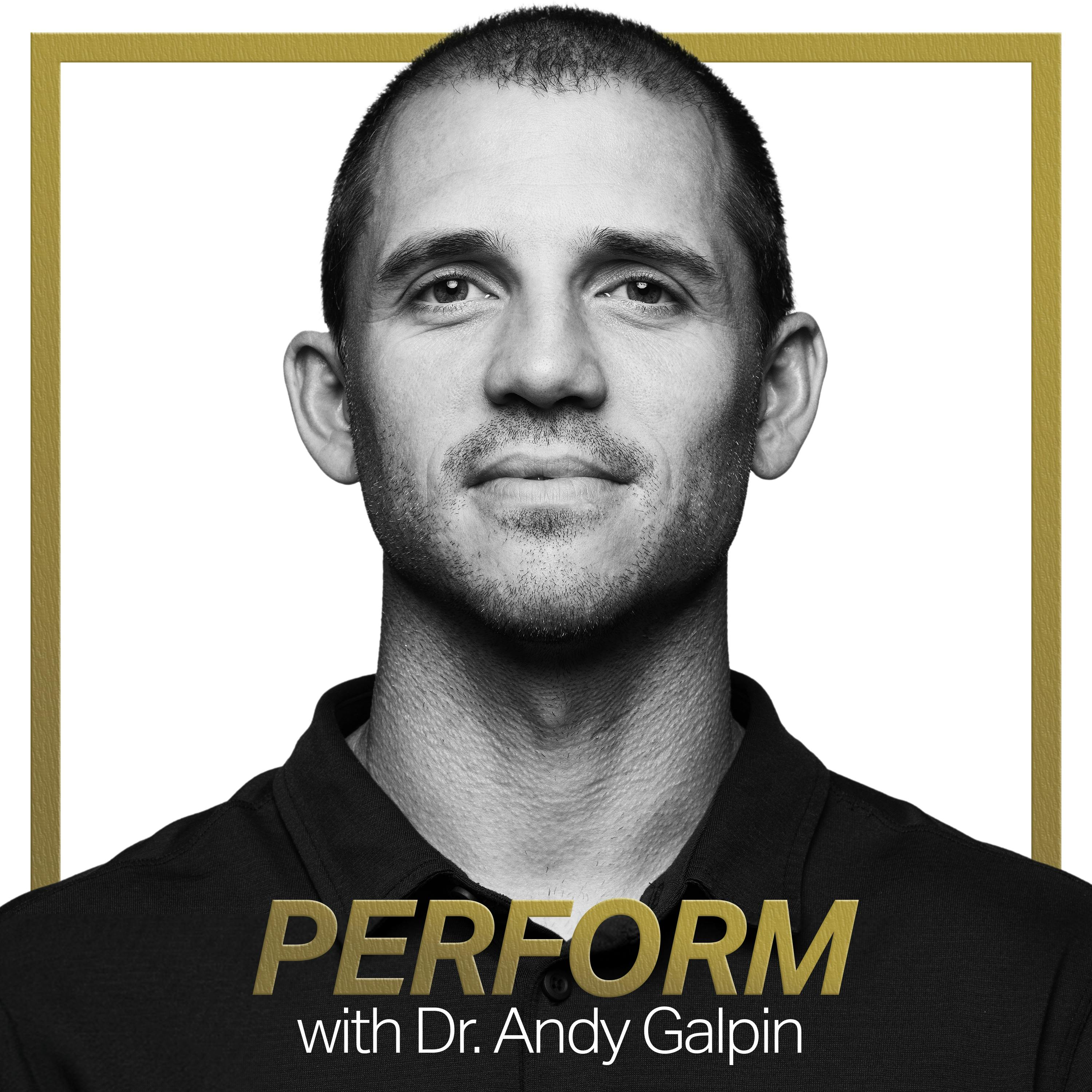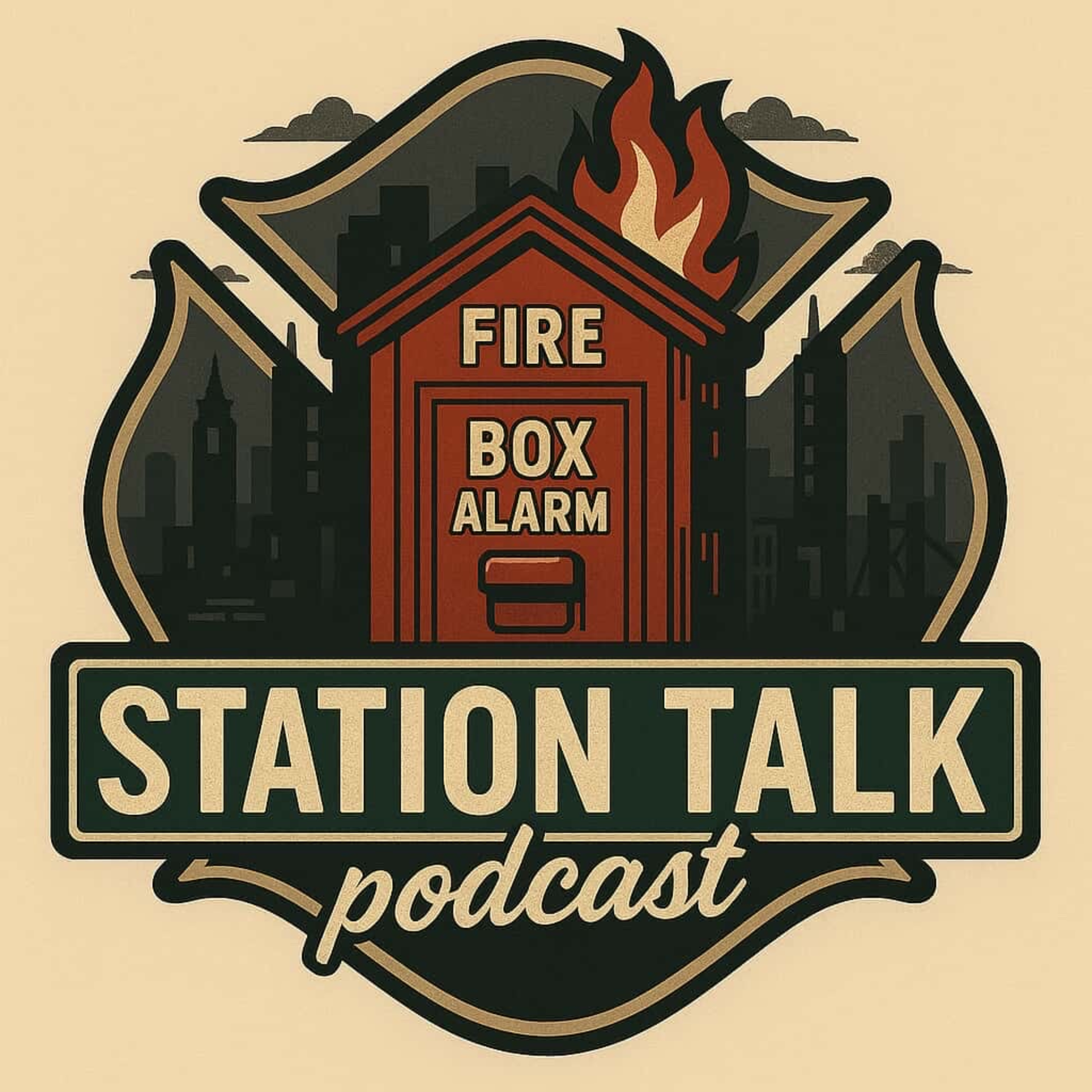
Priority Traffic Podcast
Welcome to the Priority Traffic Podcast, where I hope to inspire and empower firefighters to prioritize their wellness, manage their lifestyle, and create sustainable habits that support performance.
Join us as we promote personal growth and resilience-building techniques that will help you excel in your profession and in all aspects of your life.
In each episode, I'll discuss insights and actionable strategies that will encourage open discussions about challenges and experiences you may face in your career.
My mission is to promote wellness, performance and thriving as firefighters, while becoming everything you can be outside of the line of duty. I hope to create a culture of continuous improvement and holistic performance by providing clear, direct, and inspiring guidance grounded in evidence and effectiveness.
Whether you're a veteran firefighter or just starting out in your career, I hope to make Priority Traffic Podcast a go-to resource for all things related to personal and professional wellness and high performance. My goal is to foster community and support to help you overcome obstacles and reach your full potential.
So join us on this journey of empowerment, growth, and authenticity. Please tune in to the Priority Traffic Podcast, and let's thrive together.
Priority Traffic Podcast
Ep. 039 | Voices from the Front Line: A Dispatcher's Insight into Resilience and Recovery
Deborah Green, an ex-military police officer and law enforcement dispatcher, recounts her law enforcement career, traumatic experiences during the 1992 LA riots, and her battles, including a health scare and the demands of serving in a male-dominated field. Emphasizing the need for improved mental health support for first responders, she reflects on the emotional impact of critical incidents, including an officer's death and an "officer-invailable" shooting. Advocating for the 911 SAVES Act, Deborah urges greater acknowledgment and assistance for dispatchers at a federal level.
Check out the Episode Blog
Takeaways
- The lack of mental health support and preparation for traumatic events in professions like law enforcement and the military is a significant issue that needs to be addressed.
- Exposure to trauma in these professions can lead to complex PTSD and other mental health challenges.
- Childhood experiences and family dynamics can have a lasting impact on an individual's mental health and resilience.
- Having a support system and access to resources like therapy and counseling is crucial for individuals in high-stress professions.
- There is a need for systemic change in how mental health is approached and supported in law enforcement and first responder communities. The gangs during the riots were aware that military police officers did not have live ammunition and used this to intimidate them.
- Deborah faced challenges in the early stages of her career with the Sacramento Police Department and was let go during probation, but was later rehired.
- Deborah's health scare led to the discovery of a heart condition and she underwent surgery to replace her aortic valve.
- She emphasizes the importance of quitting smoking and seeking mental health support, as she experienced depression, anxiety, and PTSD after her surgery.
- Deborah recounts an officer-involved shooting and the protocols that were activated to ensure the safety of officers and the community. The work of a 911 dispatcher can be emotionally challenging and take a toll on mental health.
- It is important for dispatchers to seek therapy and take care of their mental well-being.
- The lack of support from departments can make it difficult for dispatchers to get the help they need.
- The 911 SAVES Act aims to recognize dispatchers as first responders and provide better support at the federal level.
Please Like, share, follow, and subscribe!
If you or someone you know is struggling or in crisis, help is available. Call or text 988 or chat at 988lifeline.org
music by audionautix.com
Podcasts we love
Check out these other fine podcasts recommended by us, not an algorithm.

Operation Lighthouse Podcast
James Parkin
The O2X Podcast
O2X Human Performance
The Joe Rogan Experience
Joe Rogan
Huberman Lab
Scicomm Media
This Past Weekend w/ Theo Von
Theo Von
Third Alarm Cowboys Podcast
Heath Meredith
The Weekly Scrap, Firefighter Podcast
Corley Moore
FIT TO FIGHT FIRE
FIT TO FIGHT FIRE
Prepared To Fight Fire Podcast
The FireFighter Coach
Perform with Dr. Andy Galpin
Scicomm Media
SAMatters Radio
Dr. Richard B. Gasaway
The Shawn Ryan Show
Shawn Ryan
Station Talk
The Firehouse Tribune
Cleared Hot - Powered By BRCC
Andy Stumpf
Mike Drop
Mike Ritland
The Jordan B. Peterson Podcast
Dr. Jordan B. Peterson
